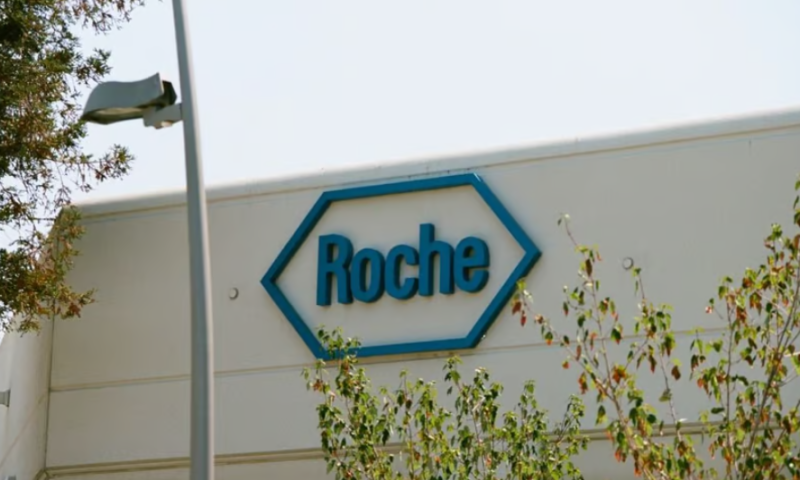Roche is betting preclinical drug development is on the cusp of a major change. After tracking advances in fields including engineering and computational science, the Swiss drugmaker has set up the Institute of Human Biology (IHB) and asked its staff to collaborate with external partners to create better models.
Today, drug developers rely heavily on animal models to show how a drug candidate is likely to perform in clinical trials, despite knowing that the results can translate poorly into humans. Roche sees human model systems such as organoids as a way to gather data that more accurately predict how patients will respond to a molecule—and thinks now is the right time to place a bigger bet on that idea.
IHB is the new name for Roche’s Institute for Translational Bioengineering, a group the company set up in 2021 to “harness and advance the use of human model systems in drug discovery and development.” The rebranded, Basel-based group has similar aims, but Roche is insisting the IHB is more than just a new set of initials.
“The work at the IHB has the potential to redefine how we discover and develop medicines over the next decade,” Matthias Lutolf, head IHB at Roche, said in a statement. “The institute is uniquely positioned in bringing together biology, bioengineering and data science around human model systems and applying them to real-world challenges in drug discovery and research.”
Bill Anderson, then the CEO of Roche Pharmaceuticals, discussed the pre-rebrand IHB on a conference call with investors last year, saying “it’s probably going to be the biggest thing of its kind” and framing it as an example of how the drugmaker is making smart, foundational investments in R&D. Anderson pitched the investment as a way to “be much more predictive of what’s going to happen in the clinic.”
Roche plans to grow the IHB to around 250 scientists and bioengineers over the next four years. Staff at the drugmaker will work alongside academics from ETH Zurich and EPFL, the two Swiss Federal Institutes of Technology. Lutolf, who is heading up the IHB, is a professor of bioengineering at EPFL. The projects will be a mix of exploratory research, bioengineering and translational projects that directly help Roche.
The launch of the IHB comes a little more than one year after Roche hired Hans Clevers, M.D., Ph.D., a pioneer in organoids research, as its head of pharma research and early development. Clevers has high hopes for the application of the models that have defined his career.
“I’m convinced that one can implement human organoids at every step of the way—from target identification and target validation through preclinical safety and efficacy to stratification in clinical trials,” Clevers said in a Roche blog post. “They can even be used as a tool to predict an individual patient’s response in personalized medicine.”

